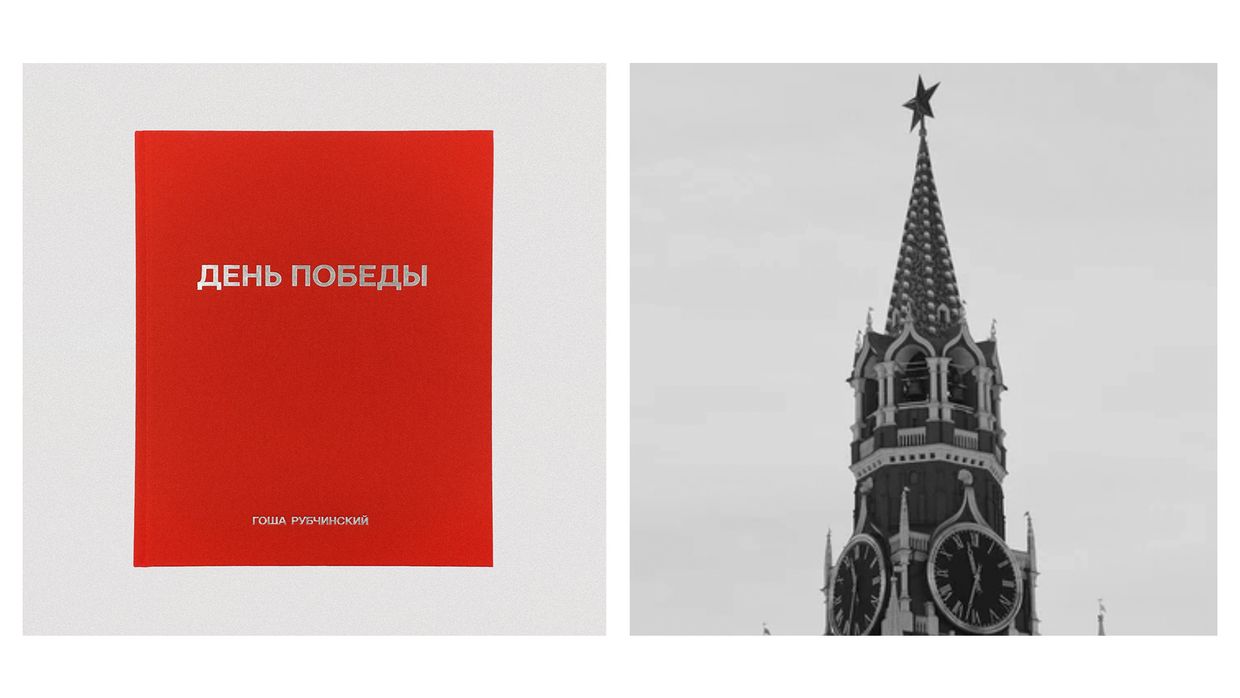EU coordinating next Russia sanctions with US, Germany says

The German government supports newly proposed European Union sanctions, which are being coordinated with the U.S. government, spokesperson Stefan Cornelius said on May 19, Tagesshau reported.
The proposed sanctions would involve measures targeting the Nord Stream gas pipelines, the spokesperson added.
"The federal government supports the elements that affect Nord Stream," Cornelius said in response to European Commission President Ursula von der Leyen's announcement of new punitive measures. He added that Washington's participation in a potential sanctions package would be "very central."
"Chancellor (Friedrich) Merz is working with U.S. and European partners on new sanctions against Russia," Cornelius reportedly said, adding that "the intention of these sanctions is to achieve agreement from Russia to an unconditional truce."
Von der Leyen called for new sanctions against Russia after President Vladimir Putin failed to attend Ukraine-Russia peace talks in Istanbul. The new package would include sanctions on the Nord Stream 1 and 2 pipelines, additional listings of vessels from Russia's shadow fleet, a lower oil price cap, and sanctions on Russia's financial sector.
The absence of Russia's top leadership from the Istanbul negotiations — proposed by the Kremlin but attended only by lower-ranking aides — was widely viewed as a signal that Moscow remains unwilling to engage in meaningful talks.
Previously, President Volodymyr Zelensky and the leaders of the U.K., France, Germany, and Poland have pledged to impose additional sanctions against Russia if the Kremlin does not accept their proposal for an unconditional 30-day ceasefire.
Last week, EU members agreed on the bloc's 17th sanctions package, which primarily targeted Russia's "shadow fleet" and came under criticism for not being "as strong as it should be."
Although Nord Stream 2 was never activated, and Nord Stream 1 ceased operation after suspected sabotage in 2022, sanctions on the pipelines would carry a symbolic value. They would also close loopholes and prevent future attempts to revive Russian energy exports to Europe.
The media previously reported that pro-Moscow figures have contacted the Trump administration to resume the operation of the Nord Stream pipelines, a step that would require European nations to agree.
In Washington, the U.S. Senate is preparing its own response to Russia's delays. U.S. lawmakers have advanced the "Russian Sanctions Act of 2025," which includes sweeping measures such as 500% tariffs on countries that continue to buy Russian energy products. At least 72 senators reportedly support the bill.
European leaders are also expected to call U.S. President Donald Trump ahead of his planned phone conversation with Putin on May 19. The U.S. president has repeatedly floated the idea of imposing additional sanctions on Russia to pressure it toward a peace deal, but has yet to take the step.
Trump announced that he plans to speak with Putin on May 19, after which he will hold a call with Zelensky. Trump said he hopes the discussions will result in a ceasefire — a step the Kremlin has doggedly resisted since the U.S. first proposed a 30-day truce in March.












